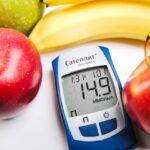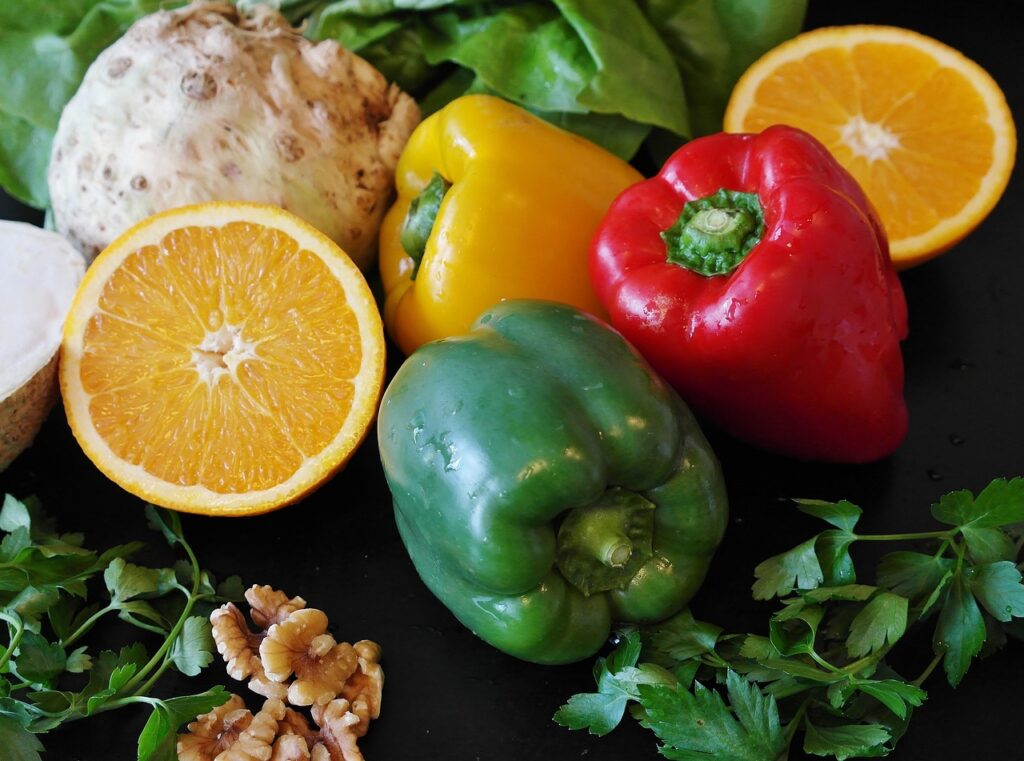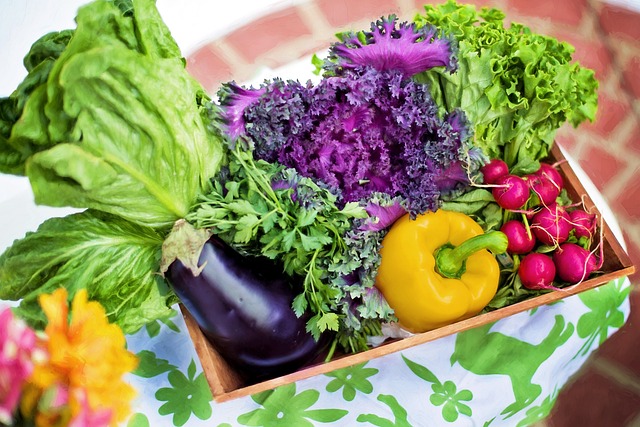When we think about breast cancer, we often picture women in their 50s or older — after all, the risk increases with age, right? But here’s the thing: breast cancer doesn’t check your calendar. Women in their 30s and 40s, though often overlooked in the conversation, need to pay attention to their breast health now. So, why is it so important to focus on breast cancer prevention at this stage of life? Let’s dive in.
For starters, breast cancer can affect women at any age, even in your 30s. While it’s true that the likelihood of being diagnosed with breast cancer increases as you get older, younger women still get diagnosed. In fact, it’s estimated that around 11% of breast cancer cases in the U.S. are in women under 40. That’s a significant number, and it’s crucial to recognize that just because you’re in your 30s or 40s doesn’t mean you’re immune. Early detection and awareness are key.
You may be thinking, “But I’m healthy, I don’t feel anything unusual, so why should I worry?” And that’s a totally fair question! The thing is, breast cancer doesn’t always show obvious symptoms. In fact, many women in their 30s and 40s might not experience any pain, lumps, or changes in their breasts. That’s why it’s so important to be proactive, even if you feel fine. Familiarizing yourself with your breasts through regular self-exams and paying attention to any changes (no matter how small) could help catch something early when it’s easier to treat.
Another reason why paying attention to breast health now matters: lifestyle factors. Your habits in your 30s and 40s can affect your long-term health, including your breast cancer risk. This is the time in life when many of us are juggling careers, families, and everything in between. Often, we might neglect healthy eating, exercise, or managing stress — all of which play a role in breast cancer risk. The good news? It’s never too late to make positive changes. A balanced diet, regular exercise, and managing stress can all contribute to reducing your risk of breast cancer.
Hormonal changes that happen in your 30s and 40s also play a part in breast cancer risk. As you approach your 40s, your body starts to shift toward perimenopause, and those fluctuations in estrogen and progesterone levels can influence breast tissue. And while it may be tempting to chalk up changes in your body to the usual “aging process,” it’s essential to stay on top of your health during this time. Monitoring changes and speaking with your doctor about any concerns can help you stay ahead of potential issues.
Additionally, if you have a family history of breast cancer, your risk of developing it can be higher — even at a younger age. Genetic mutations like BRCA1 and BRCA2 are often associated with breast cancer risk, and if you carry one of these genes, it’s important to start talking to your doctor about screening and preventive measures sooner rather than later. Early genetic testing or screening could give you valuable information on how to approach your health going forward.
Bottom line? While breast cancer may be more common in older women, it’s not just a “later-in-life” concern. Women in their 30s and 40s need to be proactive, stay informed, and listen to their bodies. Early detection is key, and small steps now — like getting regular screenings, maintaining a healthy lifestyle, and staying aware of your body — can go a long way in protecting your future. Your health is worth it!








